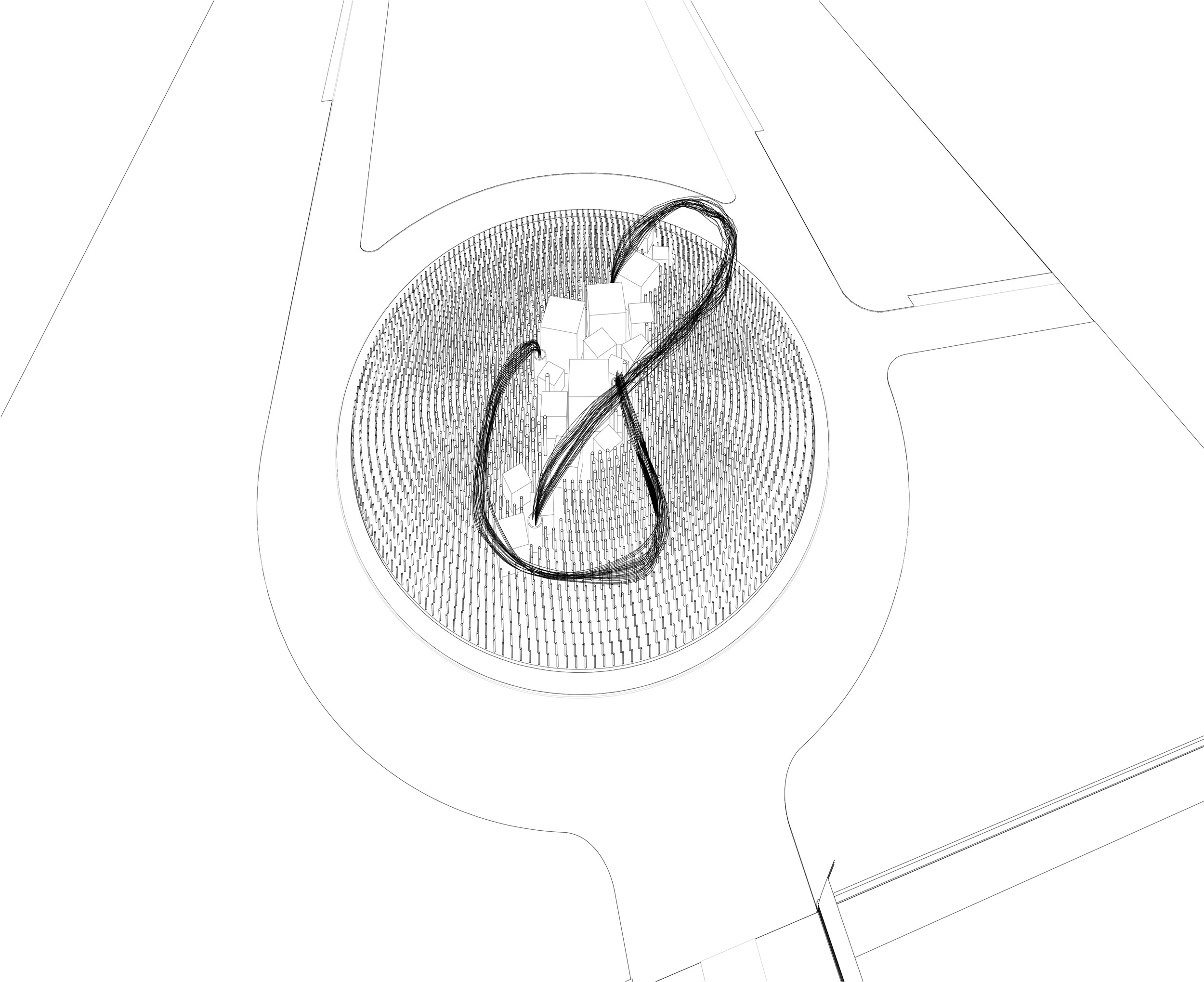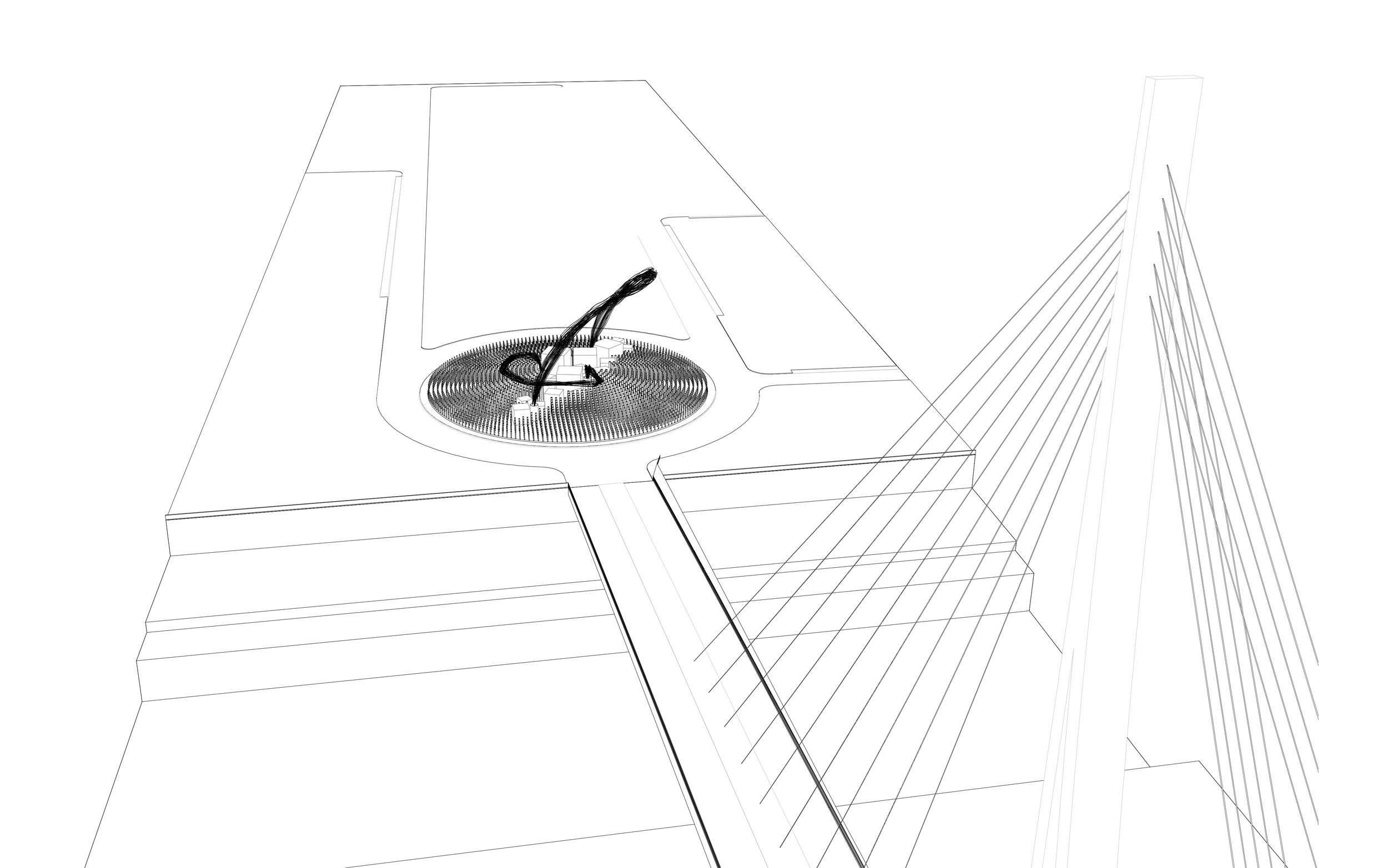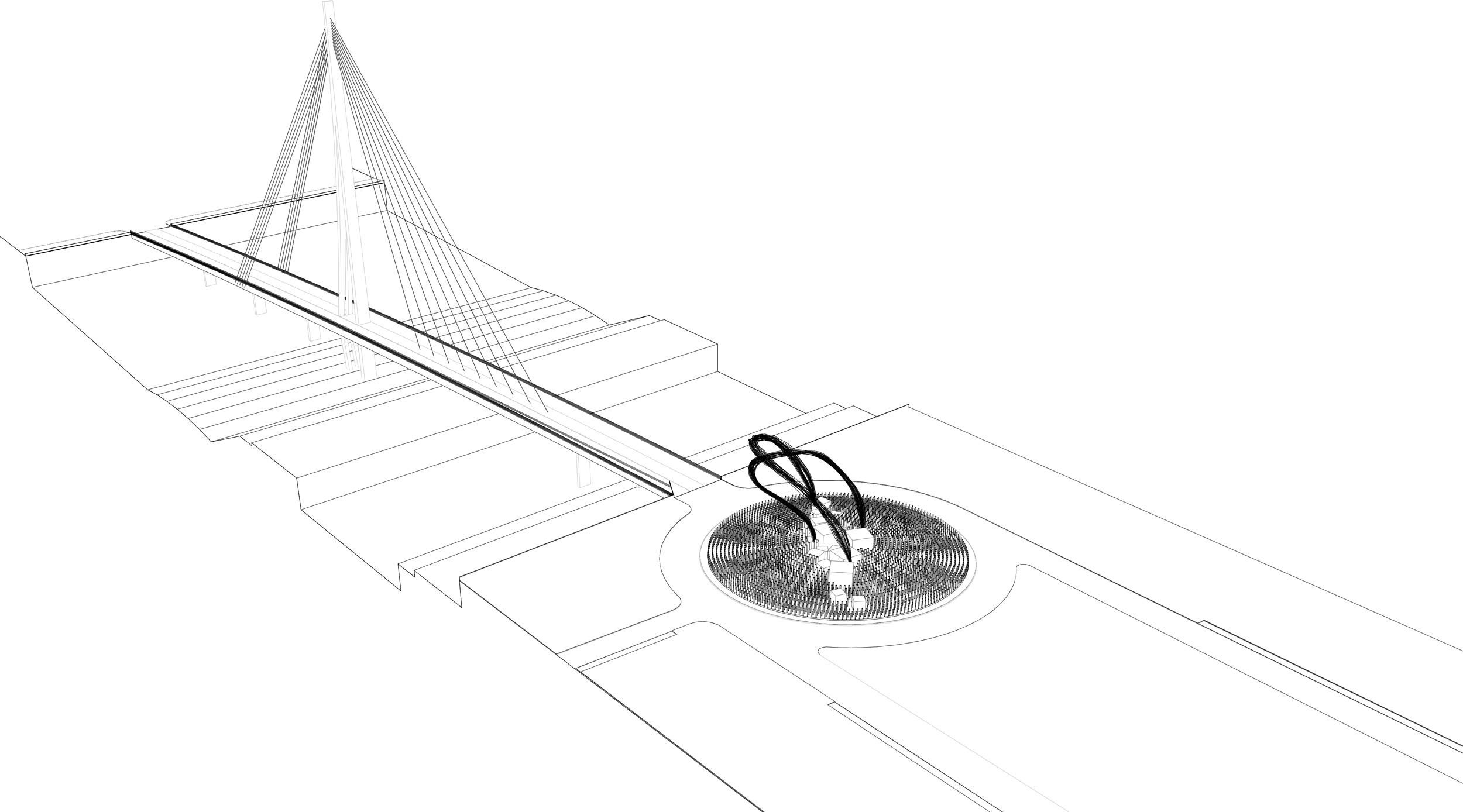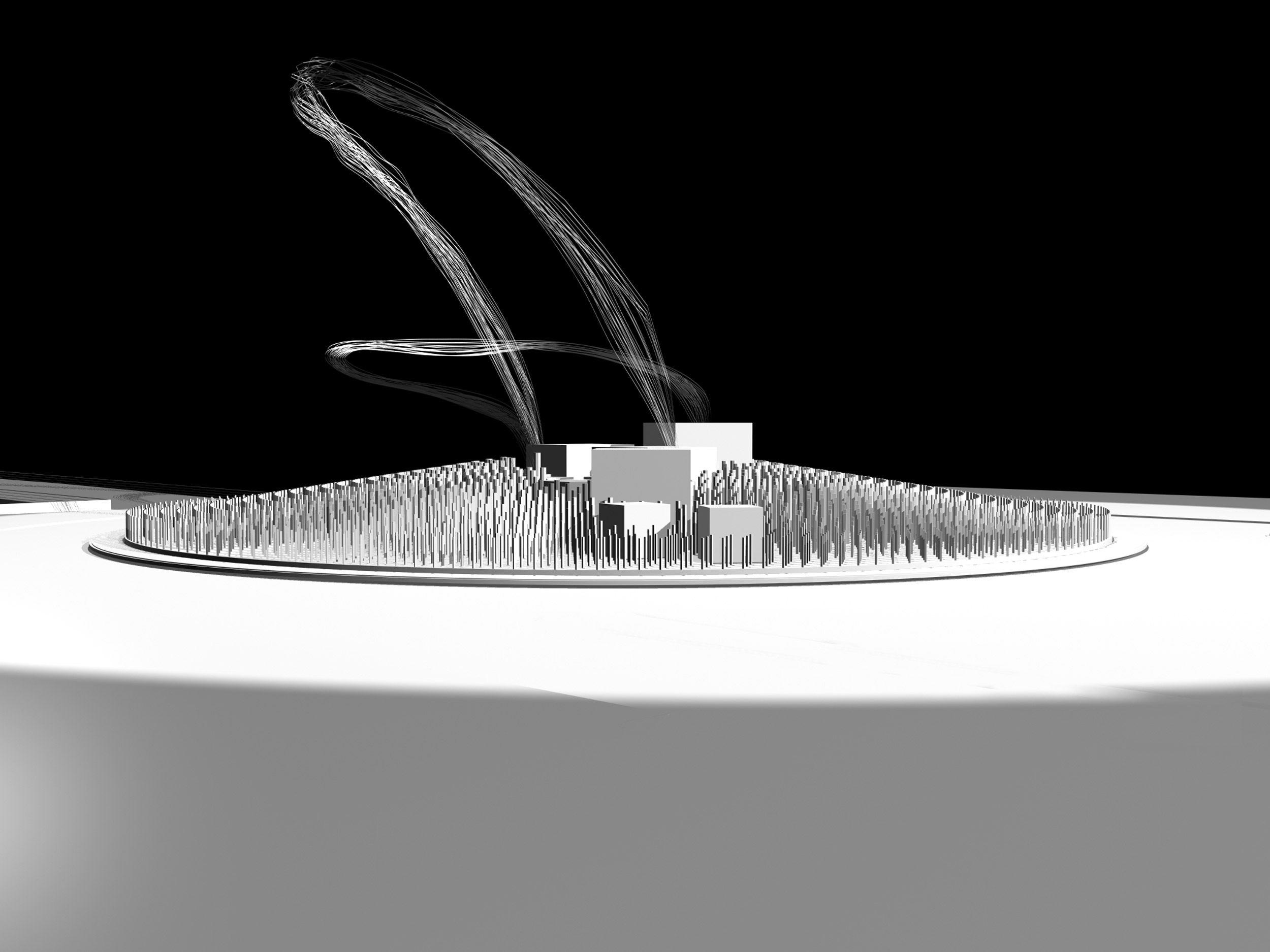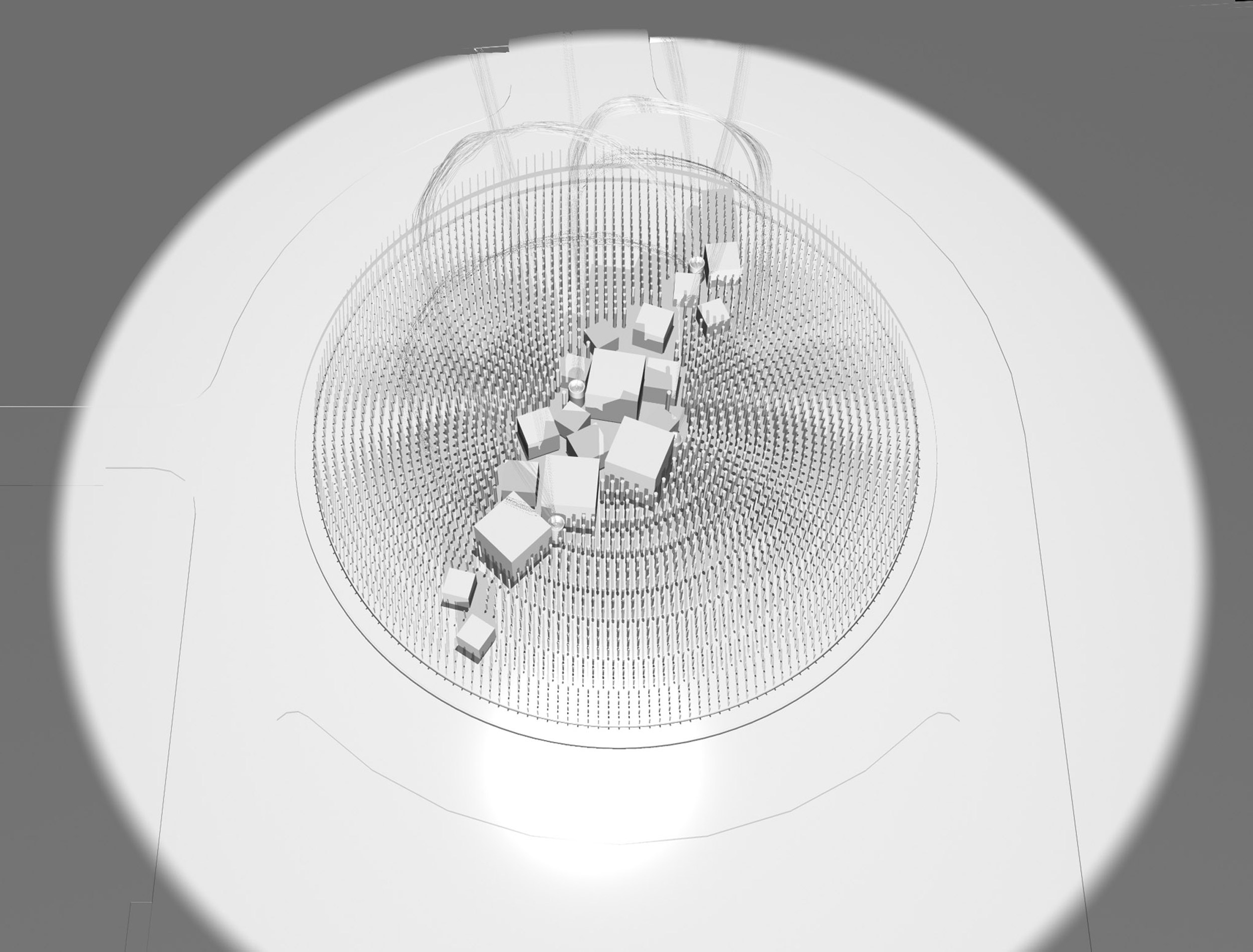Gravida proin loreto of Lorem Ipsum. Proin qual de suis erestopius summ.
Recent Posts
Sorry, no posts matched your criteria.
The change in values that the entire aesthetic building has recently undergone, from architecture to the plastic arts and shows, through the development of new means of communication and the ease of assimilation of facts and artistic phenomena, decisively allows new artistic expressions to be unbundled and reborn in different disciplinary fields.
The growing reflection on the current artistic culture has revealed the need for a more urgent pedagogical adaptation to real world conditions. The image isn’t a concept and yet now seems to prescribe one of the most important forms of organisation in society.
This metamorphosis, operated on an aesthetic and symbolic level, in the face of the speed, ease and abundance of signs, has made the aesthetic phenomenon more informative than cultural.
The solution presented for the 25th of April monument is to work on thought, history and culture. More than a mimetic presence, it seeks a discourse on the theme and to develop a discursive approach on the concepts to which the historical moment refers us. The roundabout populated by countless torn cylinders will hiss in hisses the cries of a past among the geometrically carved concrete mass. Two huge steel cable arches built, will reveal to the city the permanent and subtle movement as shadows of life and thought.
Location
Porto
Year
1999
Sculpture
Hélder de Carvalho
“Ah, everything is symbolic and analogy!
The wind that passes, the night that cools
They are something else than night and wind –
Shadows of life and thought.
All we see is something else.
The vast tide, the anxious tide,
It is the echo of another tide that is
Where the world is real.
All we have is oblivion,
The cold night, the passing of the wind
They are shadows of hands whose gestures are
The reality of this illusion”.
Fernando Pessoa, in “Fausto”
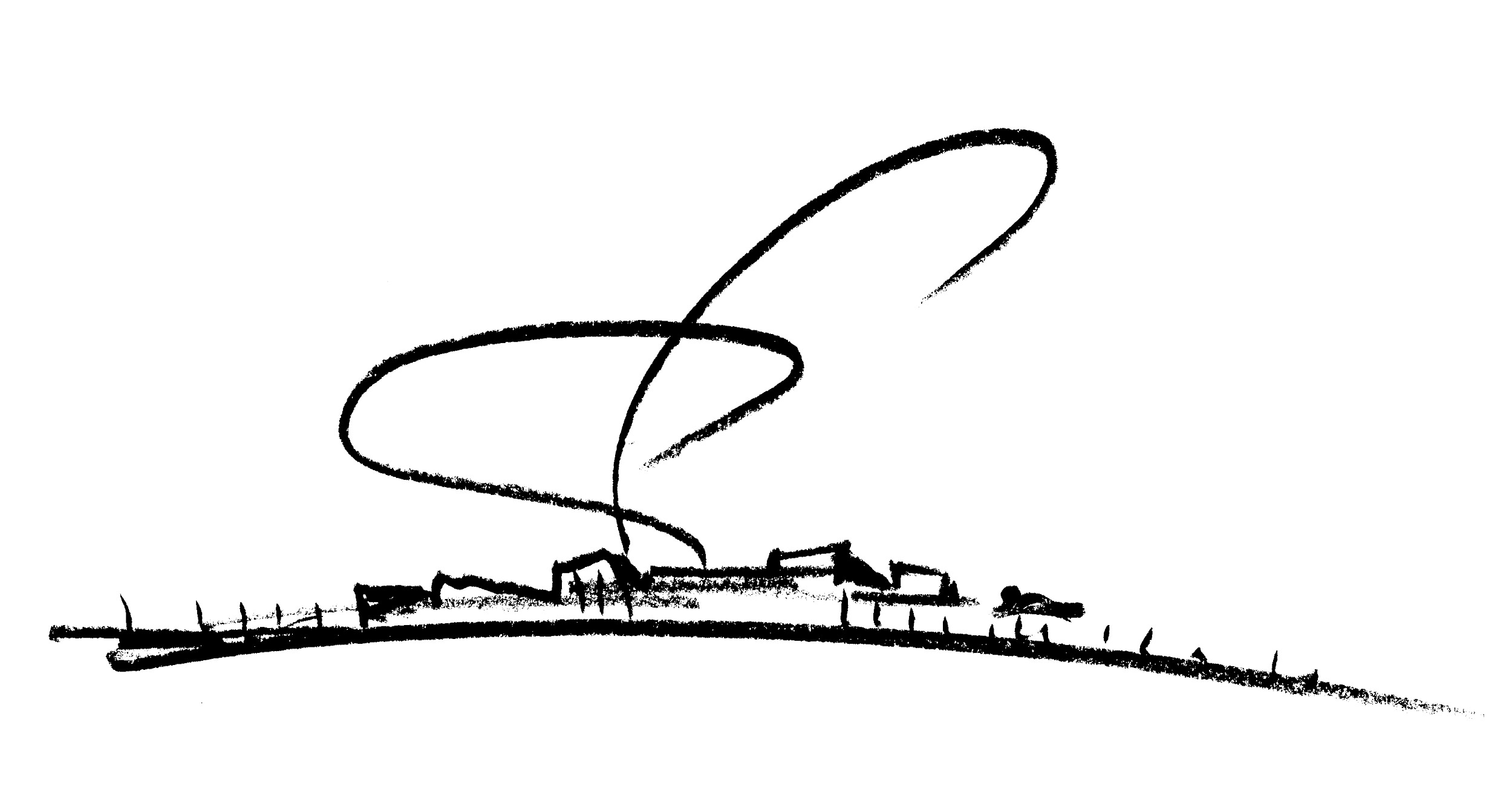
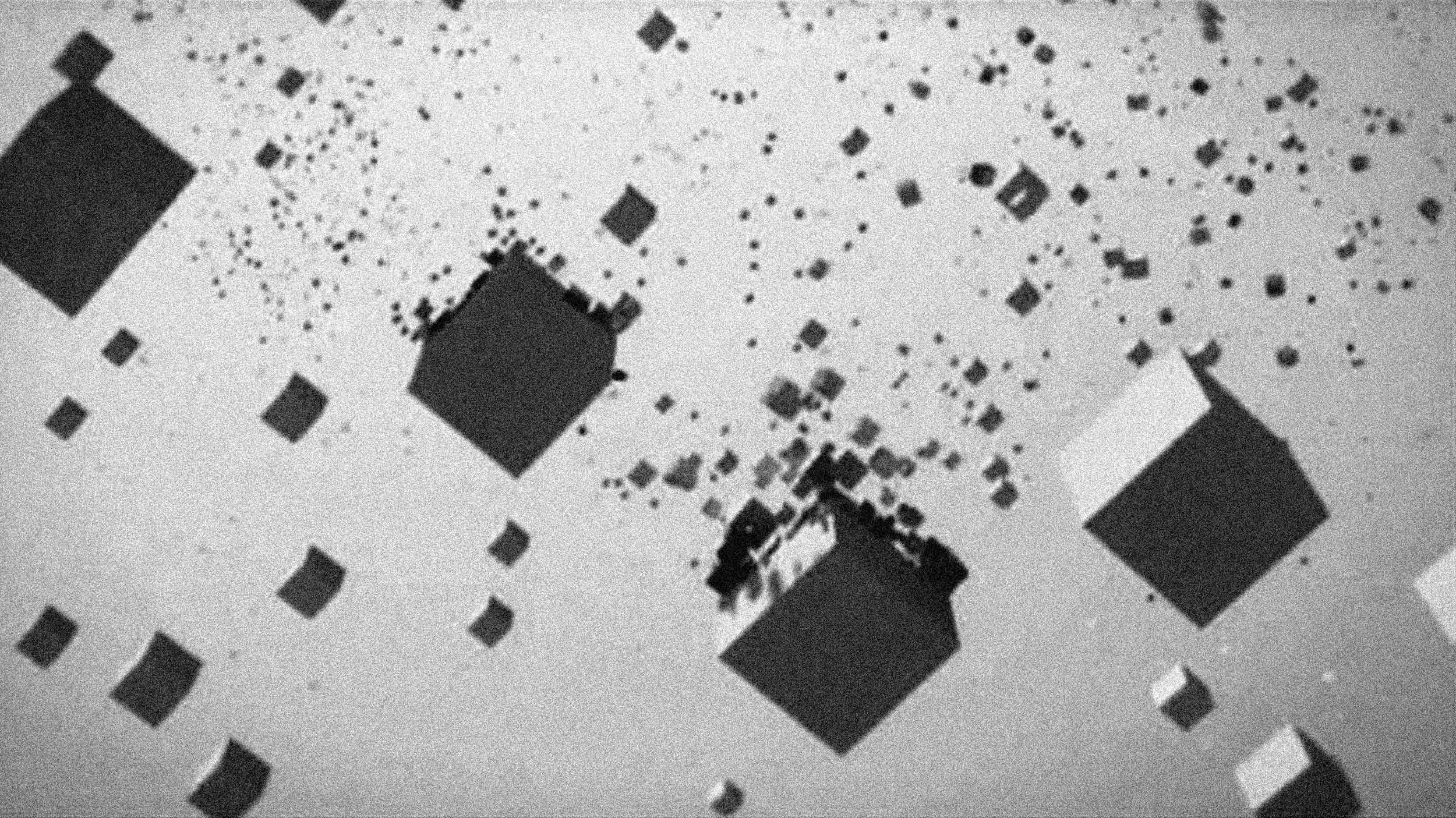
Drawings
